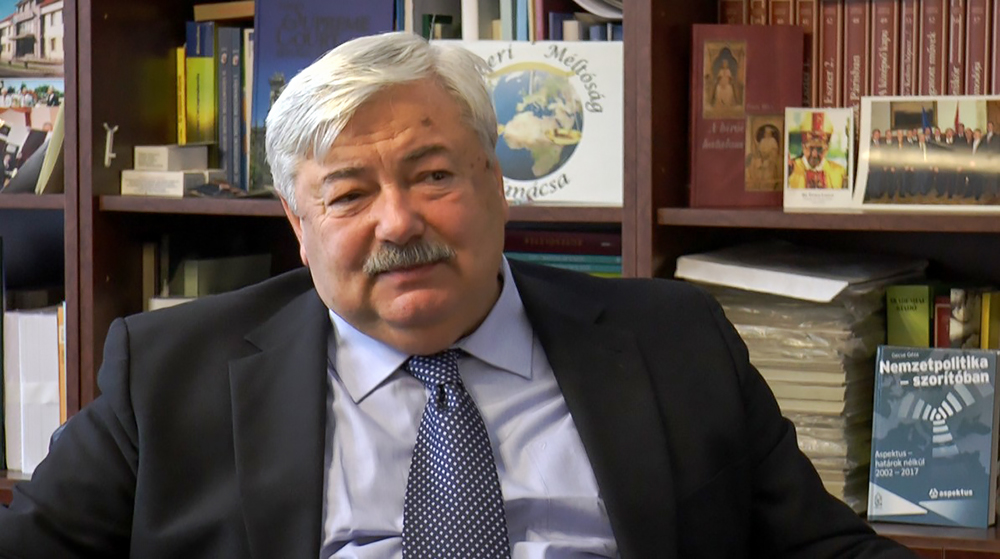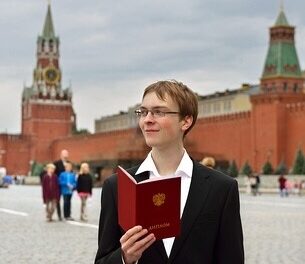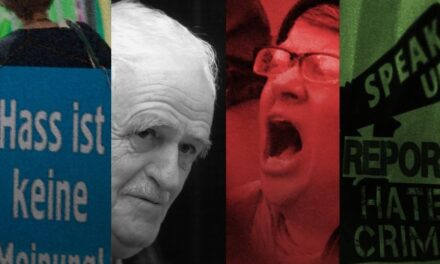Now it gets really interesting! There is someone who was banned from the country by the Romanian authorities for quite primitive reasons, but after January 1 they can stand on their heads, but they cannot keep the "convict" outside their borders. Bring you some fun!
Zoltán Lomnici, former president of the Supreme Court, president of the Human Dignity Council, constitutional judge, received the dubious honor of being banned from entering the country for 3 years by the Romanian authorities. Supposedly. Because those who wanted to find out about the decision did not get any clearer answers to their questions than vague sentences. If the ban really happened, then together with Kálmán Tóth, the co-president of the Pál Vasvári Civic Association, they will have to avoid Romania for 3 years. Of course, they didn't get a straight answer about the reason for the decision either, but the indications are that the reason could be the awarding of two innocent Hungarian boys, István Beke and Zoltán Szőcs, who were innocently convicted of terrorism charges, and were awarded the Vasvári Prize by the association after their release.
– If it is really banned from our eastern neighbor, then the head of the Romanian authorities can cook now. How could they enforce their absurd decision if their country becomes part of the Schengen area after January 1? Where is the obligation of free movement?
– The Romanians have introduced the practice of not sending the decision on the ban to those concerned, but to receive it when they cross the border, and there it becomes clear that they cannot enter the territory of Romania. Anyway, it doesn't hurt me at all that the Romanian authorities don't like me, but in any case, this whole situation was strange. By the way, the same thing was played once before with Attila Dabis. He was on his way to the autonomy demonstration organized on the occasion of the Székely Independence Day, and at the border he was given the decision that he could not enter the territory of Romania for 3 years. I didn't even try to cross the border, because I accepted the advice not to give them an opportunity for the Romanian state to humiliate a Hungarian citizen. I wrote a letter to the head of the European Commission and pointed out that the situation of having to travel to the border to find out if the Romanian state does not like someone is untenable. Let's say because he did something for the benefit of the largest minority living there or represents something unacceptable to them. In the specific case, we provided help to the political prisoners from Székely, and I took a role in the handing over of the Vasvári award, which is why this honorable ban was imposed on me. The point is that
on the part of the Romanian state, everyone who feels belonging to the Hungarian nation is important, they want to keep him away in every possible way.
They bully, they cause as much harm as they can. However, those who take belonging to the nation seriously, the idea of national unity, will not be able to be dissuaded by their skill.
"So you're going to Romania now?"
- After January 1, yes.
"Are you sure that after this there is still no danger of being classified as undesirable and not being allowed in?" We have already seen this when the President of the Republic László Sólyom was prevented from entering Slovakia, which incidentally they would not have had the right to do, since Slovakia also belonged to the Schengen area.
- The good thing is that 3 years have passed, this is the maximum time for which a foreign citizen can be banned, so this danger no longer exists. At the time, as I said, I considered it realistic that if I did try to go to Romania, I would only make the situation worse. TV crews even offered to accompany and pick him up as they wouldn't let him in, but it would have been a shame to try. Let's not forget that in the case of Slovakia, the European Court rejected Hungary's complaint after all.
I could have taken the case to trial, but we saw what happened in the case of Attila Dabis. He started a lawsuit and won it, but somehow the verdict was handed down only after 3 years had passed. And that
the fact that we gave the Vasvári Prize to innocent convicts and were banned for it shows how much of a rule of law Romania is. I don't think so.
– You were not only involved in this case, but you also spoke up in the Union for Hungarians in Slovakia. Moreover, because Slovakia stripped the Hungarians there of their citizenship who had acquired dual citizenship by accepting the Hungarian as well. With what result?
- We have also submitted two petitions to Brussels, specifically in the case of Aunt Ilonka Tamás, which is of course also the case of all Hungarians living there. The first one was taken off the agenda due to Slovakian pressure, but we submitted it a second time as well. Then, I recently received a letter in which the European Court of Justice informed me that they congratulated me, I was right, legal remedies must be provided for the disenfranchised in the Highlands. I was very happy and expected that the Slovaks would amend the law on citizenship, but nothing has happened since then. What can be done in such cases?
I received a paper stating that I was right and nothing changes in the meantime.
But we still have to fight for the rights of those living in the minority, because even though we are not within one country, we still belong to one nation.
Author: György Tóth Jr
Photo: civilek.info













